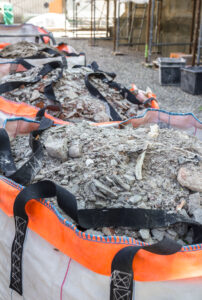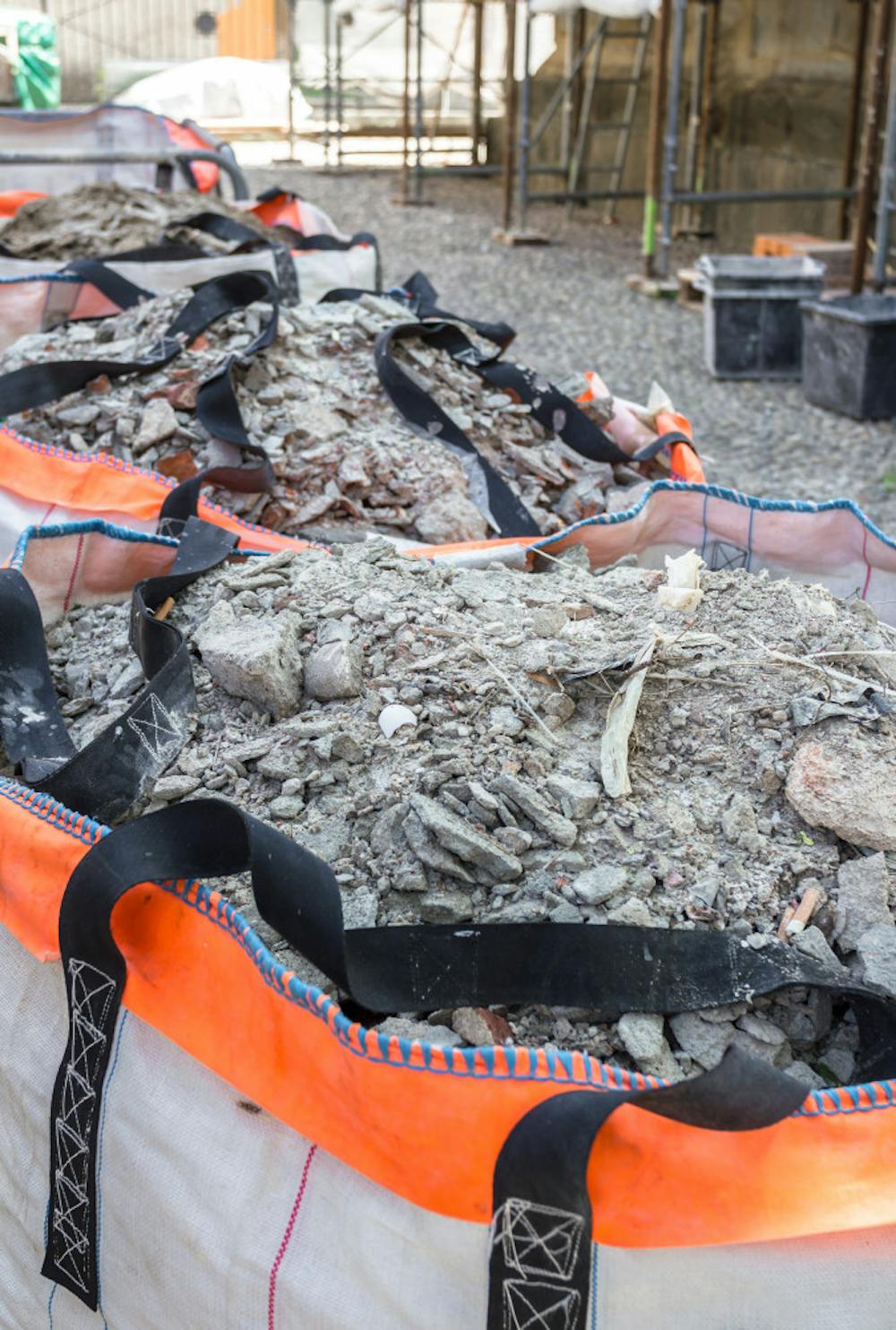By Zachary Sobol
Staff Writer
More than 300 people were killed, and hundreds of others wounded by a truck bomb on Oct. 15 in Mogadishu, the capital of Somalia, according to The Guardian.
This is the deadliest terror attack in Somalia in the last 10 years, according to BBC.
Mogadishu alone goes through two explosions every month on average, according to The New York Times.
The Al-Qaeda-linked terrorist group, Al-Shabaab, is suspected to have been behind the attack due to its history of vehicular bomb attacks, according to Al Jareeza.

A Toyota Noah minivan and a larger truck were carrying 350 kilograms worth of homemade and military grade explosives, The Guardian reported.
The larger truck was stopped at a military checkpoint, where it was detonated at the highly populated crossroads, according to The Guardian. The detonation caused an explosion vast enough to ignite a fuel tanker nearby, which caused a large fireball.
The minivan was also stopped at a checkpoint, The Guardian reported. The driver was detained, and no one was killed by the bomb.
The intended target was an airport compound in Mogadishu, where many embassies, the African Union Mission in Somalia headquarters and the United Nations are located, according to The Guardian.
The Guardian reported that an expert said it was probable that Al-Shabaab didn’t anticipate that the bomb would explode next to a fuel tanker, calling it “just very, very bad luck.”
BBC reported Somalia does not have a public health record database or ability to test DNA, which makes the identification of lost loved ones difficult.
“May Allah give patience to all families who lost their loved ones in the tragic blast. … And I pray that one day Allah will bring justice to the perpetrators of that evil act,” said Muna Haj, a 36-year-old who lost a son in the explosion, according to The Guardian.
Mohamed declared three days of national mourning, according to Al Jazeera.
The United States stands with Somalia. A U.S. military aircraft with medical supplies was sent to Mogadishu, according to ABC.
Kenyans are also donating blood to help victims, according to BBC.
Al Jazeera reported that Mayor Thabit Abdi Mohammed of Mogadishu entreated “the Somali people to visit the city’s hospitals and donate blood. Please, come to the rescue of your brothers.”
Maryam Abdullahi, a victim, was going to graduate medical school a day after the attack, according to BBC.
"She was planning to start training at a mother and baby clinic after her university graduation. She had ambition," said Anfa'a Abdullahi Mohamed, Abdullah’s sister, as reported by BBC Somali Service.
Abdiaziz Omar Ibrahim looked for over 48 hours for his older brother Ahmed, according to Al Jazeera.
“I went to all the hospitals in Mogadishu. I looked through every — all the wards, but we haven’t found him,” Ibrahim told Al Jazeera. “He has seven children. The youngest is four years old. He is the family’s only breadwinner. We don’t know if he’s dead or alive. I spoke to him one hour before the explosion. Now there is no trace of him.”







